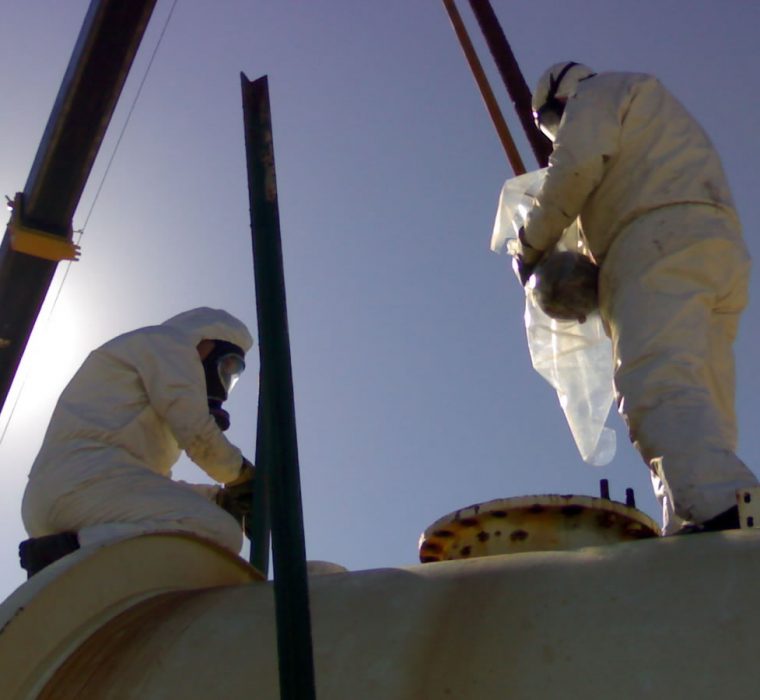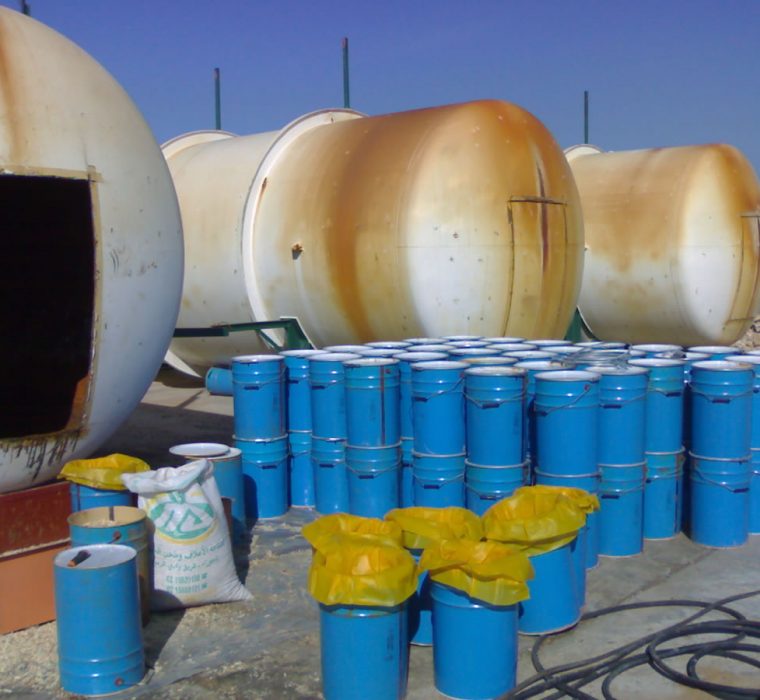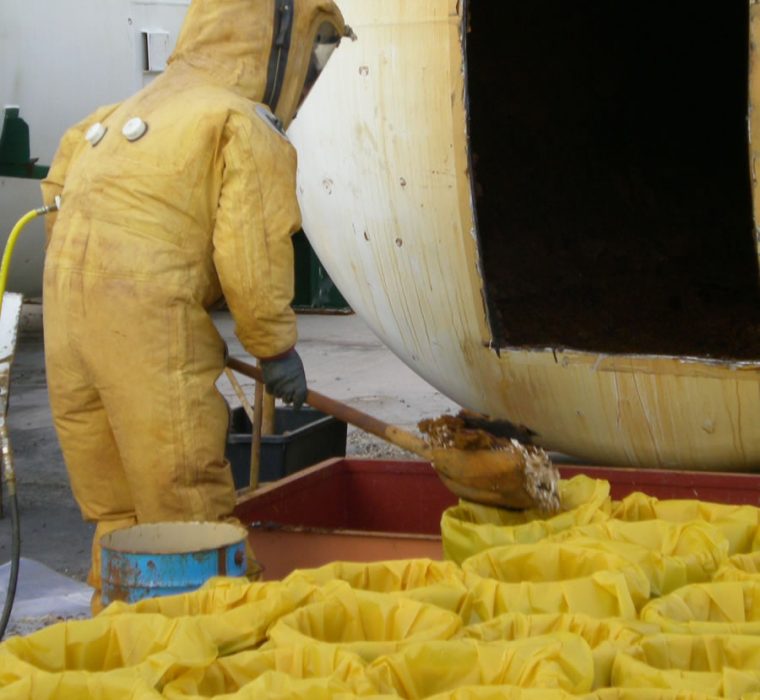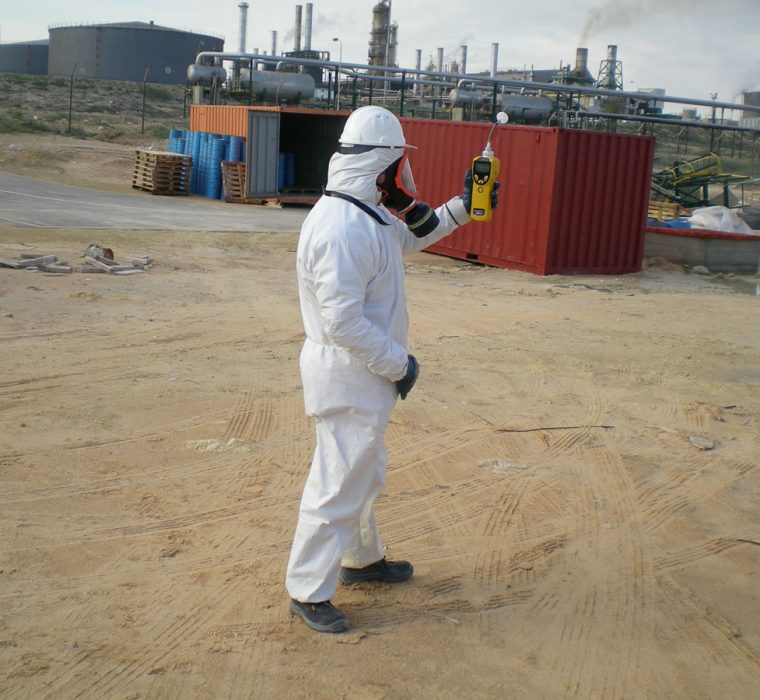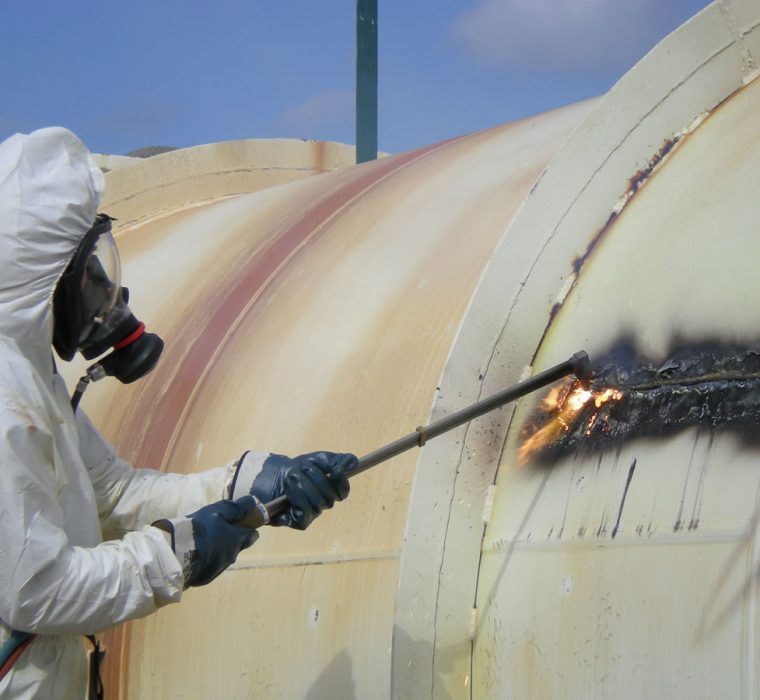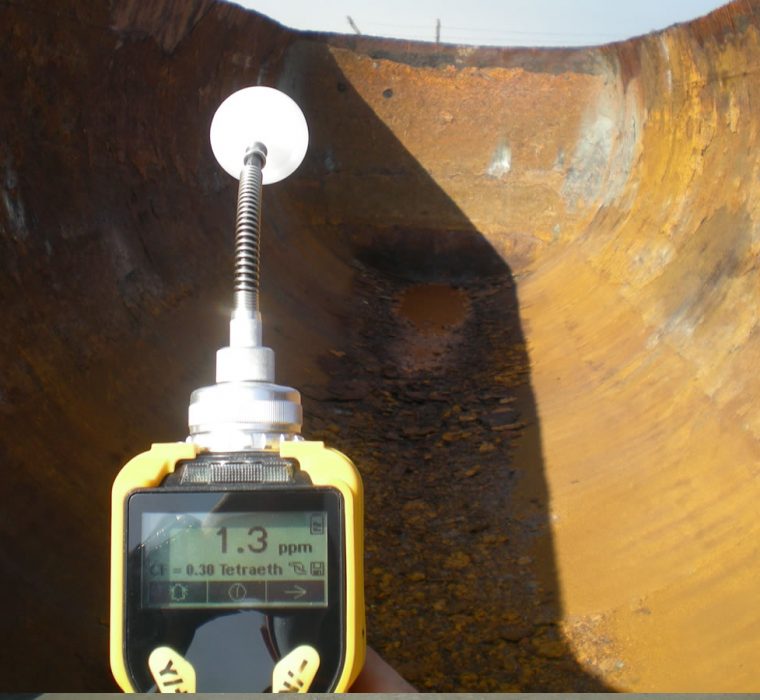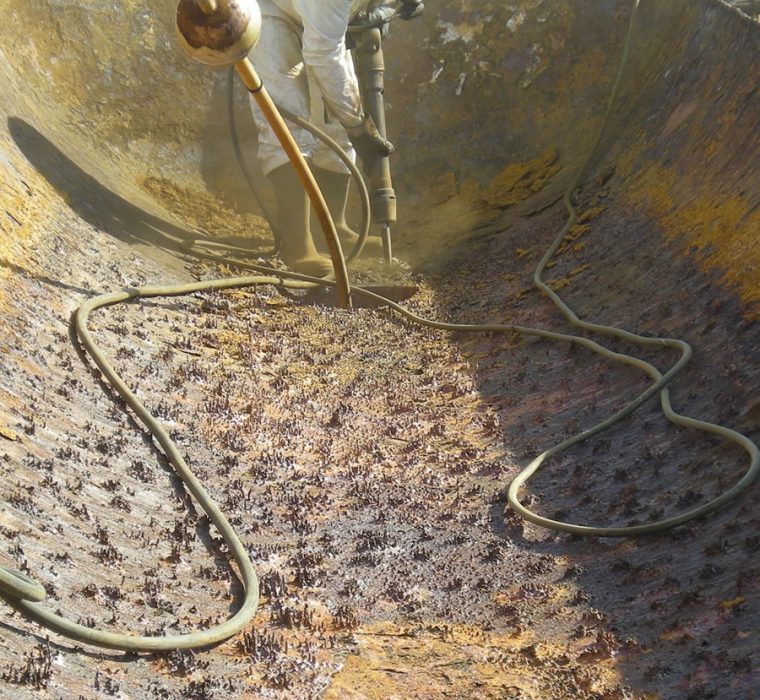TEL-TML Decontaminations
Lead Alkyls (Tetra Ethyl Lead & Tetra Methyl Lead) was used as anti-knocking compound for gasoline for decades before the conversion to “green gasoline” all over the world. These highly toxic, poisonous compounds are recognized as threat to the environment and to human health. As leaded fuels are phased out, the proper decommissioning of the TEL / TML blending plants is becoming necessary for each facility where these plants were in use.
Our experience in the TEL / TML remediation market has helped us develop the necessary expertise and knowledge to deal safely with other highly hazardous materials. Equipment contaminated with toxic, explosives, corrosives or highly flammable substances as well as any combination of these materials, are decontaminated, dismantled and destroyed within complete turn-key solutions.
Wastes generated by our decommissioning and remediation activities are always disposed of in an environmentally responsible manner or conveyed to the adequate facility by use of ADR procedures and containers.
Our teams of experts can decommission, decontaminate and dispose plants, facilities and equipment that carry the toxic residues from TEL and other highly hazardous materials.
The project will start with a comprehensive risk assessment survey and the preparation of health and safety plans that focus on the specific site logistic, plant status, facility regulations and limitations, legislative binds, and client business and operations requirements.
To execute the project, the specialized equipment is mobilized to location in containerized modules.
Prior to commencing the operations, our decontamination specialists and all project team members undergo biomedical checks to ensure that they are fit for work is harsh conditions and to baseline the lead level in their blood. Field TEL Analyzers are tested, calibrated and shipped together with chemical engineers, expert in handling the instruments and authorized to issue Lead Free / Gas Free certification. Appropriate environmental control systems are set up in the area of operations and in the zones that might be affected by the operations.
The chemical engineers and/or environmental experts are available to check the status of pollution by organic lead or other volatile compounds in other areas of the premises if deemed required by the client. Prior to commencing the operation the team leader debriefs the manager of the facility on the hazards and specific requirements and safety meetings are held regularly during the intervention. The plant decommissioning starts: plant piping and tanks are opened with cold cutting techniques, any liquid or residual pumpable sludge is removed with pneumatic pumps and collected in UN and ADR storage drums. Tanks are ventilated whilst organic lead in the air, and explosivity levels are controlled, and when acceptable levels are reached operators enter the tanks and clean the surfaces to reach gas-free status. Hence, some hot cutting begins and the tanks and rest of the plant are sectioned, picked and flamed out until no organic lead is present.
Upon decommissioning we issue a TEL-Free Certification.
On client request, the waste resulting from the activities can be collected, packaged and shipped to an appropriate facility at our own care. We will provide fit for use ONU-certified containers, shipping containers, client’s ADR guidelines on permit issuing, final disposal destination, and the Certificate of Disposal. The intervention is based on internationally accepted standards and the technical solutions adopted are tested, safe, environmentally sound, cost-effective and efficient.





